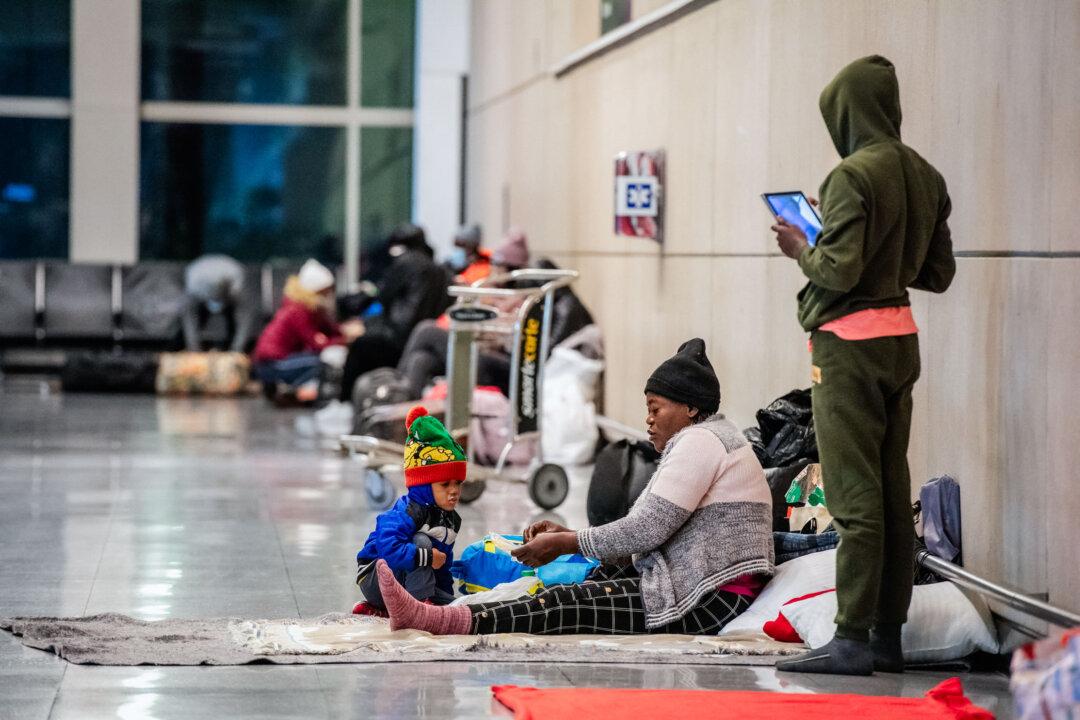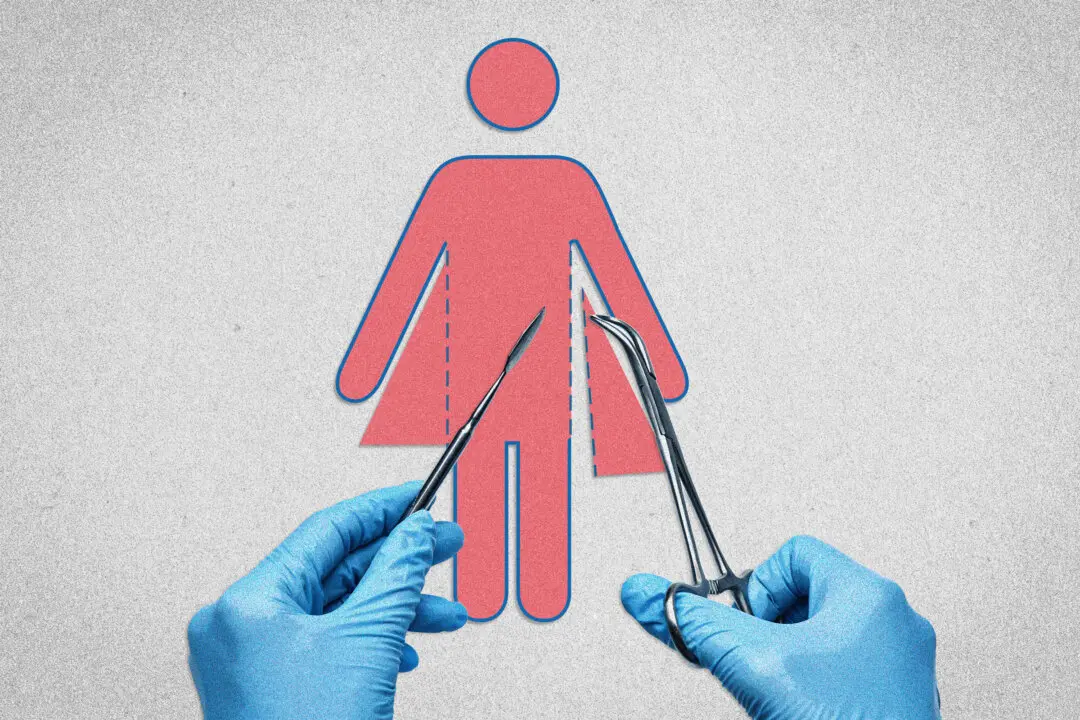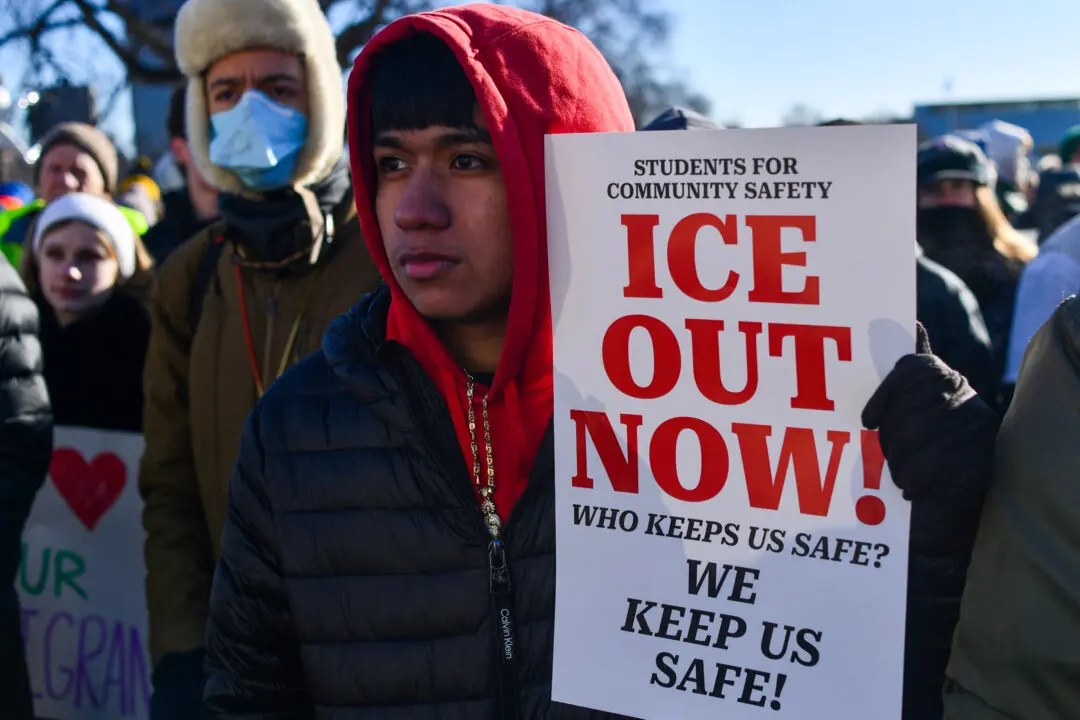Republican members of a House Judiciary subcommittee criticized the lack of answers from the director of a controversial immigration parole program during a hearing on Dec. 4.
Rep. Tom McClintock (R-Calif.), chairman of the House Judiciary Subcommittee on Immigration Integrity, Security, and Enforcement, requested that Ur Jaddou, director of U.S. Citizenship and Immigration Services (USCIS), provide statistics for the Cuba, Haiti, Nicaragua, and Venezuela (CHNV) program, specifically the number of CHNV parolees whose authorization had expired and were still working.





